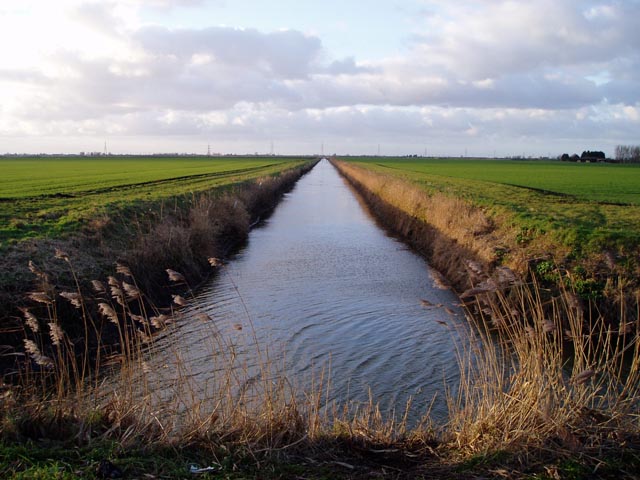By Sarah Johanesen
Over the coming months on the IHR blog, ‘On History’, we’ll be carrying a special series of posts on the theme of ‘Environment & History’.
Some of this content will be commissioned from historians prominent in this field. But we’re also keen to include others, and especially Early Career Researchers, whose current work—at PhD or postdoctoral level—engages historically with the subject of environment and climate. If you’re working in this field, and have new areas of research to share, then we’re keen to hear from you as possible contributors to this new IHR blog series.
Our projected series invites historians to showcase their current research into climate change, the environment, and ecology, as well as reflect on its relationship to current affairs. The Climate Crisis has been but one among many this year. ‘Environment & History’ aims to reflect on the intersections between environmental change and the histories which inform our understanding of the challenges we face in 2020: medicine and public health, race and colonialism, political cultures, gender, sexuality, and protest.
Our environment, our current context, has an enormous impact on how we approach history, our world views, and methodologies. Our forthcoming series is an opportunity to discuss these influences and how they are shaping our work, or how our scholarship might shape understanding of today.
Through the series, we seek to promote scholarship in a wide range of periods, methodologies, and geographical areas of study, from historians working in a variety of arenas. Alongside established researchers, we also particularly welcome proposals from our junior colleagues, post-graduate students and Early Career Researchers, and encourage them to take this opportunity to air their research—its focus, its methodologies, its challenges and rewards—and bring it to a wider audience.

The posts published in the series can vary in length, between 1000 and 2500 words. In seeking and commissioning these posts we hope to offer researchers the space to engage more fully with their subject: its content, originality, approach and implications—both for the histories of the environment and historical perspectives with present day concerns. We want to inspire scholars across a broad range of disciplines and interests to consider the environmental angle, while reinvigorating the public discourse around History’s relationship to the present.
If you’re currently active in this field, and interested in contributing to the series, then we’d like to hear from you. We also appreciate you’re busy, now more than ever. So as a starting point please send us:
- a short outline (no more than 300 words in total) of your current research, what you’d like to focus on in your post, and why it would be a worthwhile read for fellow historians;
- please also send us a link to a personal web page or provide a few sentences on your research career to date.
We expect to commission posts in the coming few months and then start the series, towards the end of 2020, running on to Spring 2021. If you’d like to be considered, please send your proposal to me, Dr Sarah Johanesen at sarah.johanesen@sas.ac.uk by Monday 22 November 2020. We’ll then review all the proposals and contact those researchers whose ideas we decide to take up for the series.

***
The new blog series is made possible thanks to the recent appointment of Dr Sarah Johanesen as the IHR’s Scouloudi publishing intern. The part-time internship, which runs to March 2021, has been generously funded by the Scouloudi Foundation which also supports the Institute’s annual research and publishing awards and its doctoral fellowship programme.

Sarah has recently completed her PhD on the politicisation of Catholic material culture in post-Reformation England at King’s College London, where she is currently a seminar tutor on Early Modern Europe.
Her prize-winning article, ‘’That silken Priest’: Catholic disguise and anti-popery on the English Mission (1569-1640)’ was published in the IHR’s journal, Historical Research earlier this year.

